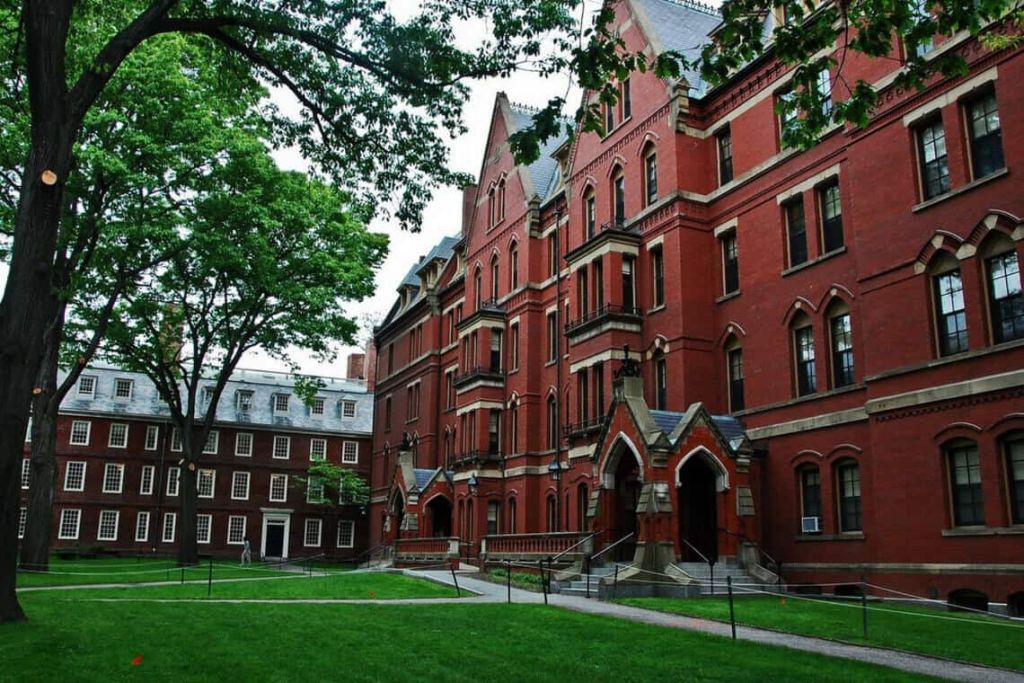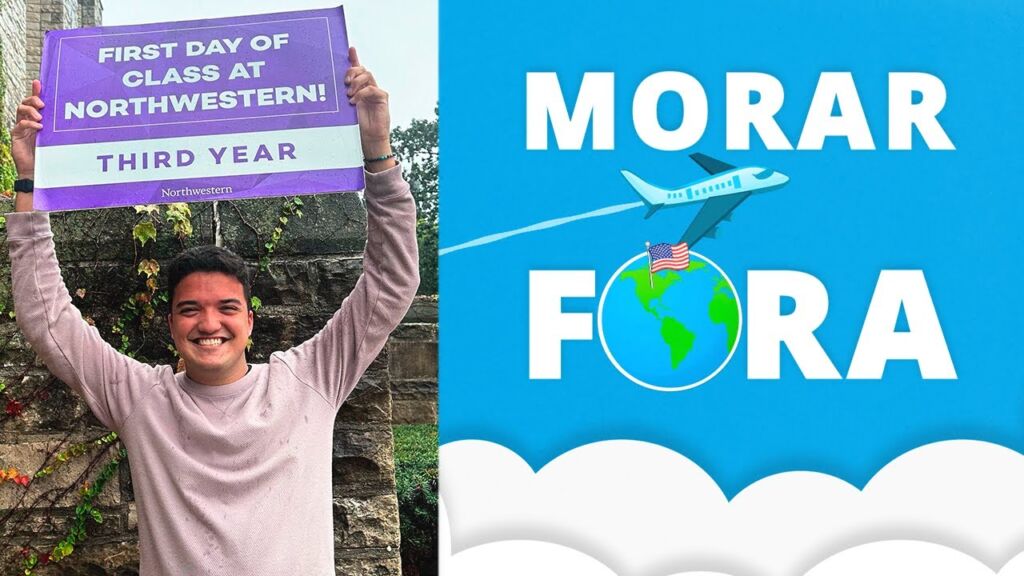Confira abaixo o personal statement de Gabriela Rodrigues de Morais, aprovada em Stanford para estudar Earth Systems. Gabriela participou do Prep Program, o preparatório gratuito da Fundação Estudar para jovens que desejam cursar a graduação no exterior. Em seguida, veja os comentários da equipe do Prep sobre os aspectos que fizeram seu texto se destacar.
The White-Winged Bird
São Paulo. Rio. Brasília.
While Brazil is known for its bustling cities, this isn’t my Brazil. My Brazil is Taperoá, a town with less than 15,000 people. Our only neighborhood—“the center”—is home to pebble-covered roads shared by pedestrians and motorcycles.
Leaving behind Taperoá, my family and I start our journey. The goal: to drop me off at the airport three hours away. Given that I’ve spent most of my high school abroad, these road trips are pretty regular now.
This is how it normally goes:
We start our drive, and I become overexcited about what’s to come, as usual. Wide escalators. Elevators. Traffic lights.
“Shhhh! You’re being matuta!” My mom says. Regionally, we have a term for people who come from the countryside but admire urban life. Matuta.
Our first milestone is an hour away. I pass by my previous high school, which was once a far-fetched dream. Although my family couldn’t afford it, I am grateful to have received a full scholarship to attend it, but I now wave goodbye as I head to my new destination.
As silence settles, we turn on the radio.
“Due to water scarcity, I lost my cattle, and my horse died of thirst.
Even the white-winged bird flew away from the Sertão.”
The song by Luiz Gonzaga reminds me of what it means to be a child of the Sertão. While “Sertão” refers to Brazil’s dry and rural regions, I see it as more than geography. I see it as my community, my language, my character, and my worldview.
Looking out the window to see our mandacaru cactus, I reflect on Taperoá’s drought. I recall bringing a bucket to get water from those big tanker trucks coming from other towns so I could take my next shower. No wonder the white-winged bird flew away.
After the song, we stop at a gas station.
“Gabi!! How are you!?” Although I met Daniela once at a math olympiad, it comforts me that in the Sertão, we greet everyone—including acquaintances.
As I hug Daniela back, I exclaim with surprise, “What are the odds of meeting you here now?”
“I know, right? It’s gonna rain today!” We chuckle.
Of course, her words aren’t literal. In the Sertão, we use this expression for improbability—our local twist on “when pigs fly.”
Then, in traditional small-talk fashion, she asks, “What’s Taperoá’s dam level?”
For me, the amount of water—or lack thereof—represents us in every way possible. When the dam overflows—rarely—we celebrate by bathing in it together. While in other places, humans think they rule nature, in the Sertão, nature rules us.
I respond, “Well… not so good. We only have water once or twice a week. My mom’s been heating water on the stove before pouring it into a bucket for us to shower. Creativity and resourcefulness are perks of scarcity, right?” I joke before getting back into the car.
As we approach the final stop, the ocean aroma and city pollution fill my lungs. This isn’t the Sertão anymore.
“It’s gonna rain today!” My parents boast about the improbability of dropping off a girl from Taperoá at the airport—although they’ve never been on an airplane themselves.
As I glide past the checkpoints—familiar but never ordinary—I celebrate a new tradition: I send my parents a photo of my airplane’s fancy seat, hoping they won’t call me matuta.
Once I take a seat, I look forward to my next academic adventure. With every inch of lift from the plane, I peer upon the place I look up to the most: my Sertão—the place that connects me to my matuta essence. While matuta refers to someone from the country who admires richness, richness for me is my countryside roots—roots that endure prolonged drought but flourish nonetheless.
As I keep flying, I know I am the white-winged bird—except I promise to always come back.
| Comentários da equipe do Prep Program
Em vez de resumir toda a sua vida, Gabriela usa uma estrutura baseada em um “momento curto”, transformando uma única viagem de carro em uma reflexão sobre identidade geográfica, lar e transição. Considerando que Gabi cresceu em uma cidade pequena, com oportunidades limitadas, mas estudou o ensino médio longe de casa e no exterior, focar nessa jornada recorrente de Taperoá até o aeroporto ajuda os avaliadores a enxergarem — de forma quase literal — a trajetória que ela percorreu. Uma das forças dessa estrutura está na maneira como Gabi constrói significado e complexidade por meio de observações em camadas. Trabalhando com sua orientadora, ela selecionou cuidadosamente cenas específicas — passando pelo colégio onde ganhou bolsa de estudos, ouvindo uma música temática que apresenta o Sertão, mencionando o nível da água da barragem como símbolo das dificuldades — para comunicar uma história mais profunda por trás de sua candidatura. Um elemento estrutural importante é a repetição de expressões culturais, que funcionam como âncoras ao longo do ensaio. Ao longo das rodadas de avaliação do Prep, identificamos maneiras de incorporar esses regionalismos de forma que mantivessem sua autenticidade, mas que também fossem acessíveis para um leitor estrangeiro. Expressões como “Hoje vai chover!” e “Matuta” reforçam a conexão enraizada de Gabi com o Sertão, enquanto o pássaro de asas brancas — inicialmente apresentado na música e depois reinterpretado como símbolo de sua própria jornada — cria um forte senso de encerramento. Ao retomar essa metáfora dentro do “momento curto”, Gabi não só evidencia seu vínculo com a terra natal, como também destaca sua intenção de retornar. |













